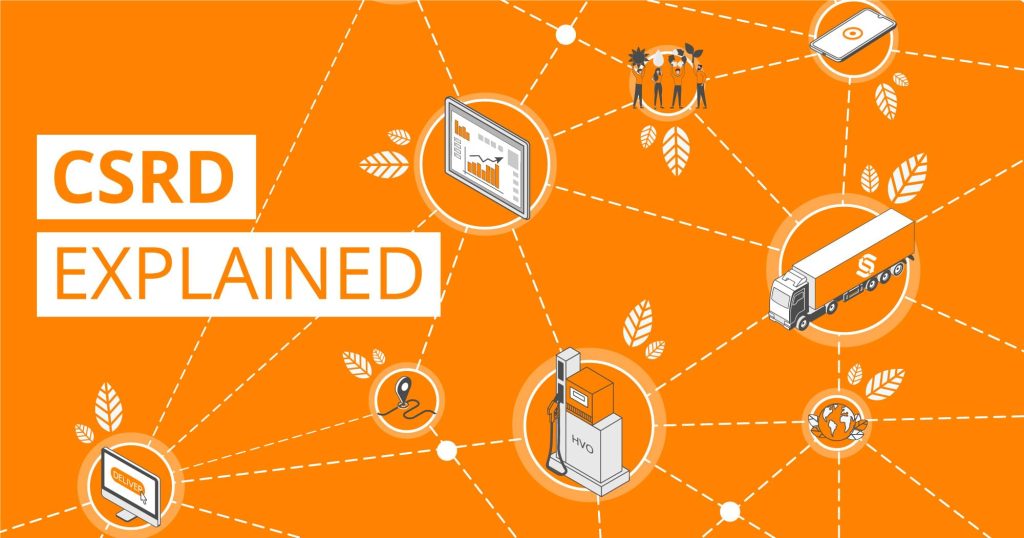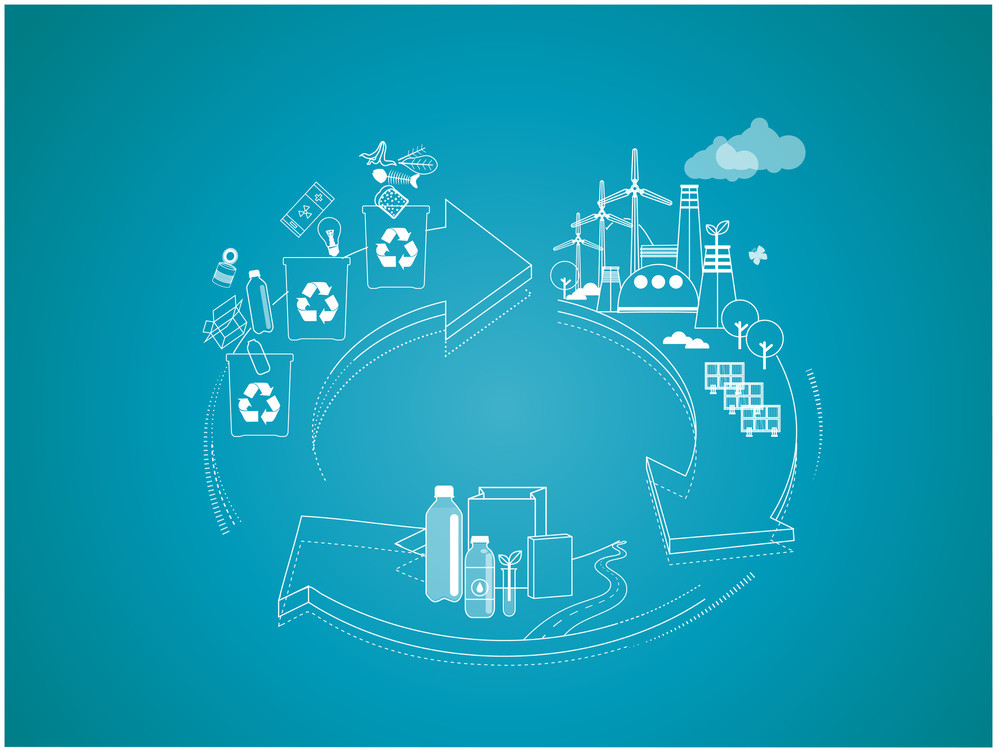The concept of sustainability has taken on a new meaning in today’s rapidly changing world. It now goes beyond just being profitable and encompasses the responsibility of businesses to be good corporate citizens and prioritize the planet and society. This new perspective reflects the growing awareness of the interconnectedness of our global community and the need to protect the environment for future generations.
Embracing Change
The new sustainability mandate urges businesses to consider environmental and social responsibility as crucial to their long-term success. This is no longer an optional initiative but a fundamental strategy. This change in approach is motivated by multiple factors, including climate change, evolving consumer preferences, and regulatory pressures.
The concept of sustainability has evolved to include people, planet, and profit, known as the “triple bottom line.” This approach emphasizes that businesses must not only measure their success by financial gain, but also by how they contribute to the well-being of their employees, communities, and the environment. As consumers are increasingly making purchasing decisions based on a company’s sustainability practices, businesses can no longer afford to ignore these demands. Sustainable practices have become a selling point, and companies that align with these values are experiencing greater customer loyalty and trust.
Regulatory Pressures
Governments across the globe are imposing more stringent regulations with the aim of reducing environmental harm and promoting ethical business practices. The recent focus on sustainability is partly a response to these evolving legal requirements. By adopting sustainable practices proactively, companies can put themselves in a better position to comply with future regulations.
Resilience and Innovation
Sustainability is not only about minimizing harm, but also about developing a resilient and innovative business model. Businesses that adopt sustainability as a core component often find new revenue streams, minimize waste, and establish stronger supply chains. Sustainability can act as a catalyst for innovation and provide a competitive edge.
Global Collaboration
The New Sustainability Mandate: Redefining Business for a Better World
Collaboration is crucial to achieving sustainability goals, recognizing that challenges such as climate change, resource scarcity, and social inequality go beyond national borders. Here are some key aspects of global collaboration in this mandate:
Shared Responsibility: The sustainability mandate acknowledges that businesses, governments, and civil society share a collective responsibility for addressing global challenges. This includes preserving the environment, improving social conditions, and ensuring ethical business practices.
Cross-Sector Partnerships: Businesses are forming partnerships with governments, NGOs, and other companies to tackle complex issues. These collaborations leverage the strengths of each stakeholder to create more comprehensive solutions.
Data Sharing and Transparency: Collaboration often involves sharing data and information. Businesses are working together to create transparency in their supply chains, sharing information on sourcing, labor conditions, and environmental impacts to improve sustainability.
International Sustainability Standards: Organizations and associations are creating international sustainability standards that provide a common framework for measuring and reporting sustainability efforts. These standards ensure consistency and comparability across borders.
Technology Transfer: Collaboration facilitates the transfer of sustainable technologies and best practices from one region to another. This sharing accelerates progress in areas like renewable energy, waste management, and water conservation.
Global Advocacy: Businesses and organizations are collectively advocating for policies and regulations that promote sustainability on a global scale. They engage with governments and international bodies to ensure that decisions and agreements consider environmental and social impacts.
Supply Chain Engagement: Businesses are working closely with their suppliers to improve their sustainability performance, especially in regions with less developed sustainability practices. They provide guidance, resources, and support to help suppliers.
Knowledge Exchange: Collaboration fosters the exchange of knowledge and expertise. Businesses are sharing their experiences, successes, and challenges to help others on their sustainability journeys.
Global Reporting and Benchmarking: Companies are increasingly reporting on their sustainability efforts through global platforms and indices. This allows benchmarking against industry peers and promoting healthy competition to drive progress.
Community Engagement: Businesses are working together to ensure they engage with local communities responsibly, respecting cultural diversity and local practices.
Innovation and Research: Researchers and businesses collaborate to find novel solutions to sustainability issues through international research initiatives and innovation partnerships.
The Road Ahead
The new mandate for sustainability is not just a temporary trend; it represents a fundamental change in the way we conduct business. It recognizes that companies are a crucial part of the global ecosystem, and their actions can have significant impacts. Embracing this mandate is not only a duty but also a chance to construct a more sustainable, ethical, and prosperous world for everyone.
The new mandate for sustainability is a call to action for businesses to change and redefine their purpose. It recognizes that success is not only measured by profit, but also by the positive impact businesses have on people and the planet. Moving forward, companies that understand and embrace this mandate are likely to succeed in an ever-changing and increasingly conscious global landscape.




















